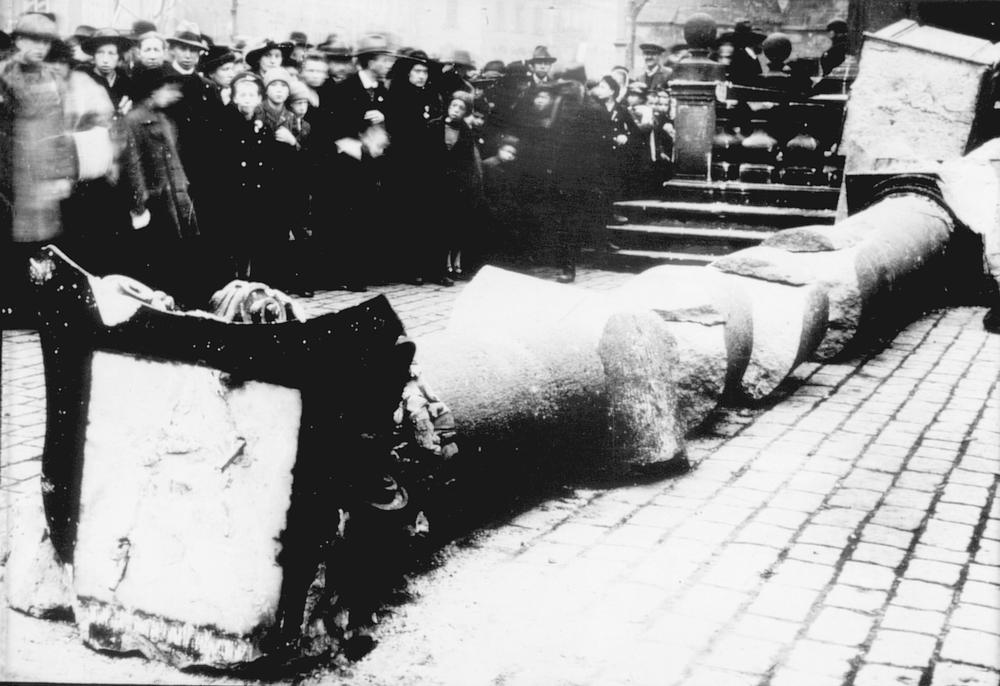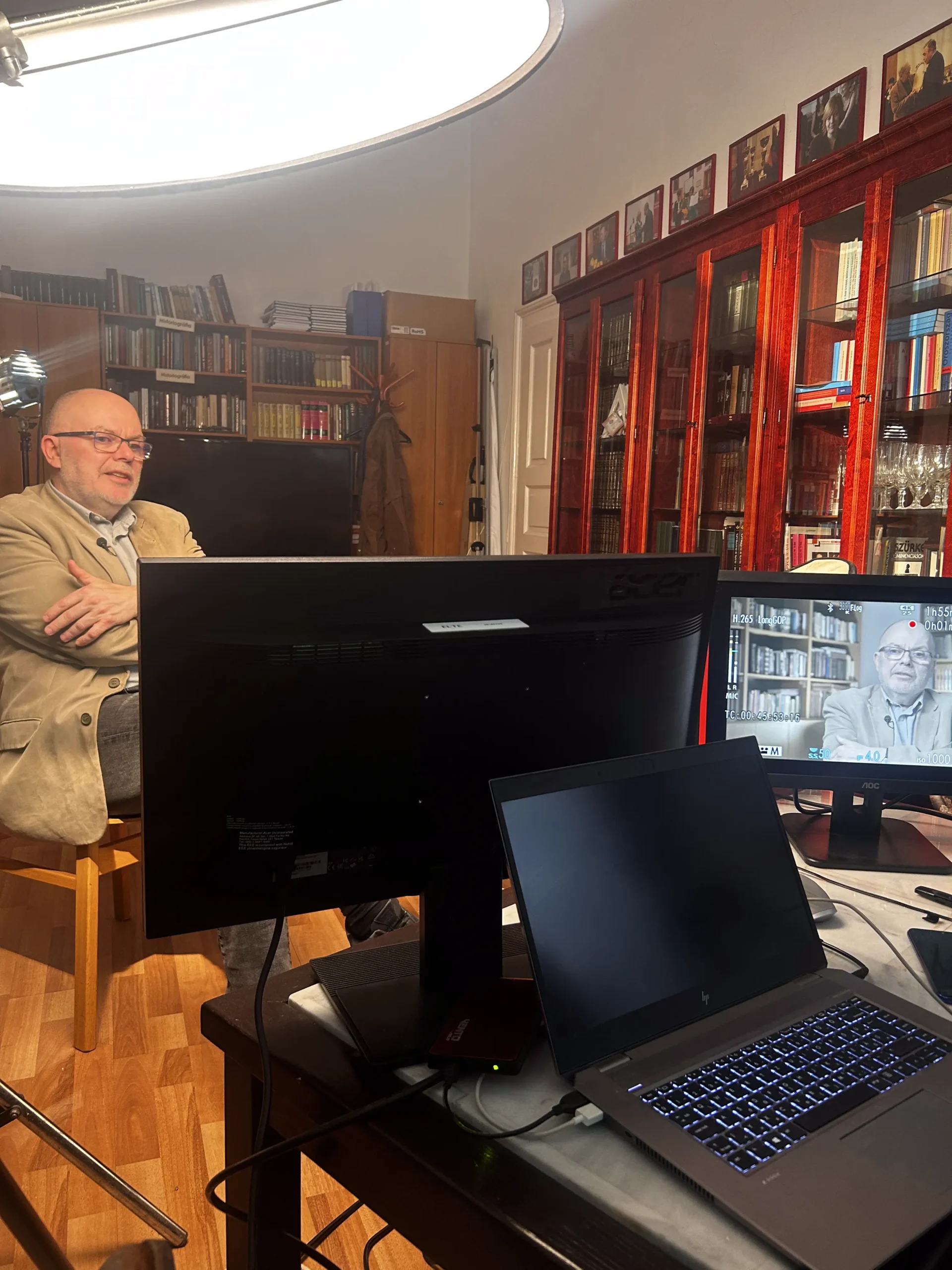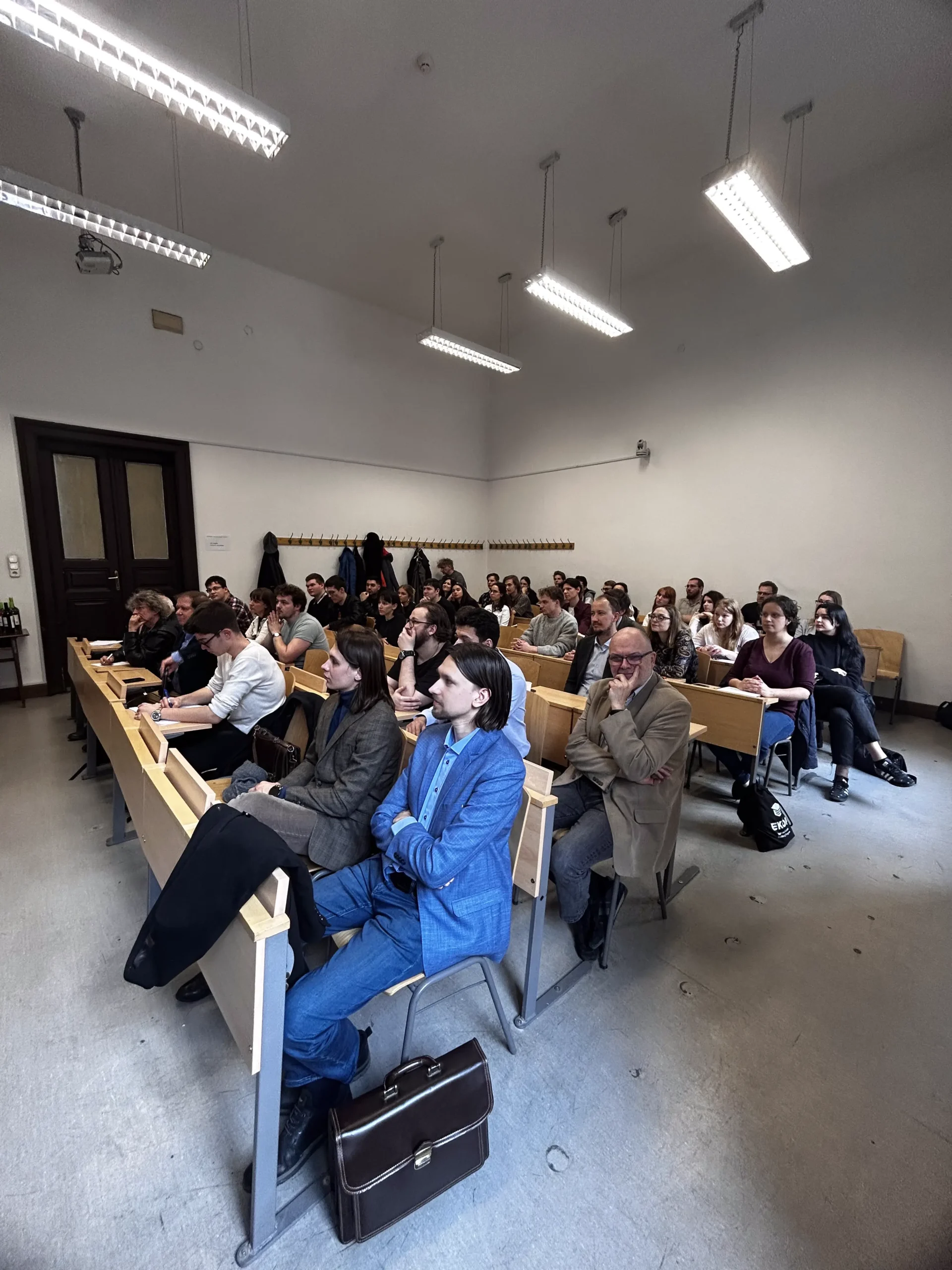Jan Hus – national hero ignating Czechoslovak spirit – White Mountain, Prague
Fact of the Polish figure „The arrival of Piłsudski in Warsaw”
Part of the „Creation of the modern states (1918-1920)” topic
Long before the official birth of Czechoslovakia in 1918, a fiery preacher named Jan Hus planted the seeds of national identity. Jan Hus, a precursor to the Protestant Reformation, is an enduring symbol of dissent and national pride in Czech history. The memory of Jan Hus became a symbol of resistance against external oppression, resonating deeply with the Czech people’s aspirations throughout the centuries.
Masaryk, who championed democracy and Czech self-determination, saw Hus as a precursor to his own ideals. He reinterpreted Hus’s teachings, emphasizing his critique of authority and his call for a return to moral principles. Masaryk even strategically chose November 18th, the anniversary of the Battle of White Mountain (1620) – a crushing defeat for the Czechs by the Habsburgs – to declare Czechoslovak independence in 1918. This symbolic act directly linked the birth of the nation to the spirit of Hussite defiance.
Masaryk’s involvement in these commemorations and his invocation of Hus’s legacy were crucial in fostering a unifying national narrative. He effectively connected the spiritual and democratic ideals of Hus with the modern aspirations of Czechoslovakia. This alignment helped solidify a collective national identity that transcended religious and cultural differences within the diverse population of the new state.
Today, Jan Hus remains a revered figure in the Czech Republic. His image adorns banknotes, and his life and death are commemorated on national holidays.





